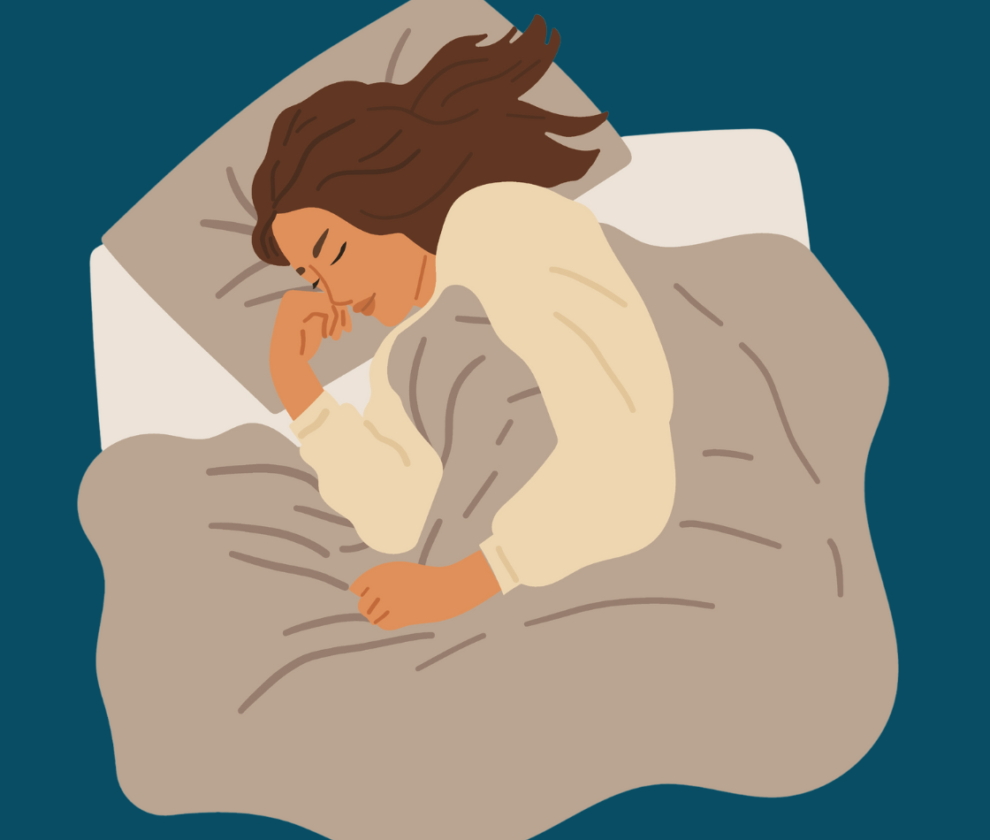Do you find yourself struggling to complete even the simplest tasks? Do you constantly feel unmotivated and lethargic, with no energy to tackle the responsibilities of daily life? You might be questioning whether you’re just feeling lazy or if something more serious is going on. Depression and laziness share similar symptoms, but it’s essential to understand the difference between the two in order to receive the proper treatment.
Depression and laziness are often used interchangeably, but they are not the same thing. It’s crucial to understand the difference between the two, as a misdiagnosis could lead to inadequate treatment. In this article, we will explore the symptoms, causes, diagnosis, treatment options, coping strategies, and misconceptions associated with the question, “Am I depressed or lazy?“
Symptoms of Depression and Laziness
Depression Symptoms
Sadness: Feeling down or hopeless for an extended period of time.
Lack of interest: Losing interest in activities that you previously enjoyed.
Fatigue: Feeling tired and lacking energy, even after adequate rest.
Sleep disturbances: Sleeping too much or too little, having trouble falling asleep, or waking up frequently during the night.
Appetite changes: Overeating or not having an appetite, leading to weight gain or loss.
Laziness Symptoms
Procrastination: Delaying or avoiding tasks that need to be done without any good reason.
Lack of motivation: Feeling unenthusiastic about completing tasks or achieving goals when you have the means and resources to do so.
Tardiness: Consistently being late or missing deadlines even when given ample time.
Avoiding responsibilities: Refusing to take on responsibilities or avoiding them altogether just because you don’t feel like it.
Short attention span: Difficulty focusing on tasks for an extended period of time without any underlying reason.
These differences in symptoms can help distinguish between laziness and depression. If you think you may be suffering from either, it’s important to speak to a healthcare professional for an accurate diagnosis.
Causes of Depression and Laziness
Depression Causes
Chemical imbalances: An imbalance of neurotransmitters in the brain can lead to depression.
Genetics: A family history of depression can increase the likelihood of experiencing it.
Trauma: Experiencing trauma or significant life changes without seeking proper support can lead to depression.
Chronic stress: Prolonged exposure to stressful situations can contribute to depression.
Medical conditions: Certain medical conditions, such as chronic pain or thyroid disorders, can increase the risk of depression.
Laziness Causes
Boredom: Not being challenged or engaged can lead to a lack of motivation.
Lack of challenge: Feeling unchallenged in tasks can lead to a lack of motivation.
Procrastination habit: Repeatedly putting off tasks can lead to a pattern of laziness.
Poor time management: Not having a structured routine or effective time management skills can contribute to laziness.
Lack of purpose: Not having a clear sense of purpose or direction in life can lead to a lack of motivation.
As you can see, depression and laziness have different underlying causes. This understanding is important in order to treat them effectively. Sometimes, depression and laziness can also be caused by a combination of these symptoms.
Have you ever experienced any of these symptoms?
Please continue reading to learn how to treat them.
Diagnosis
Importance of seeking professional help: If you are experiencing symptoms of depression or laziness, it’s important to seek professional help to receive an accurate diagnosis and appropriate treatment.
Diagnostic criteria for depression: The Diagnostic and Statistical Manual of Mental Disorders (DSM-5) outlines specific criteria for diagnosing depression, including experiencing at least five of the symptoms listed above for at least two weeks.
Diagnostic criteria for laziness: Unlike depression, there are no diagnostic criteria for laziness as it is not considered a mental health disorder.
The overlap between depression and laziness: While depression and laziness share some similar symptoms, it’s important to distinguish between the two as they require different treatments.
Treatment Options
Therapy: Different types of therapy, such as cognitive-behavioral therapy, interpersonal therapy, and psychodynamic therapy, can be helpful for treating depression and addressing underlying issues that may contribute to laziness.
Medication: Antidepressants and stimulants may be prescribed to help manage symptoms of depression and increase energy levels.
Lifestyle Changes: Making lifestyle changes such as exercising regularly, eating a healthy diet, getting adequate sleep, and practicing stress management techniques can be helpful for managing symptoms of depression and increasing motivation.
Coping Strategies
Self-care: Prioritizing self-care activities such as practicing mindfulness, spending time in nature, or engaging in hobbies can be helpful for managing symptoms of depression and increasing motivation.
Building a support network: Building a support network of friends, family, or a therapist can provide a sense of connection and support during difficult times.
Setting realistic goals: Setting achievable goals and breaking them down into smaller, manageable tasks can help increase motivation and reduce feelings of overwhelm.
Maintaining a daily routine: Establishing a daily routine and sticking to it can help create a sense of structure and reduce procrastination habits.
These are some coping strategies that can be helpful for managing symptoms of depression and increasing motivation. But of course, it’s important to remember that everyone is different, and there is no one-size-fits-all approach to treating depression or laziness. It’s best to seek professional help in order to receive an accurate diagnosis and the most effective treatment plan for you.
Stigma and Misconceptions
The negative connotation of the term “lazy”: The term “lazy” is often associated with negative stereotypes, which can contribute to feelings of shame and prevent individuals from seeking help.
The harmful effects of stigma: Stigma surrounding mental health can lead to discrimination and prevent individuals from seeking the help they need.
The importance of breaking down stereotypes: Breaking down stereotypes and increasing awareness about mental health can help reduce stigma and encourage individuals to seek help without shame.
Final Thoughts
Ultimately, depression and laziness share similar symptoms, but they are not the same thing. It’s important to seek professional help to receive an accurate diagnosis and appropriate treatment. Treatment options include therapy, medication, lifestyle changes, and coping strategies such as self-care, building a support network, setting realistic goals, and maintaining a daily routine. Breaking down stereotypes and reducing the stigma surrounding mental health can help individuals seek help without shame. Remember, it’s okay to not be okay, and seeking help is a sign of strength.
If you’re struggling with depression or feelings of laziness, please remember that you’re not alone. There is help available, and it’s okay to reach out for it. You are worthy of care and support. Furthermore, if you or someone you know is struggling with depression or feeling overwhelmed by life circumstances, please don’t hesitate to reach out for help. Visit the Cedarway Therapy website or contact them through their Instagram account; they would be more than happy to help you!





